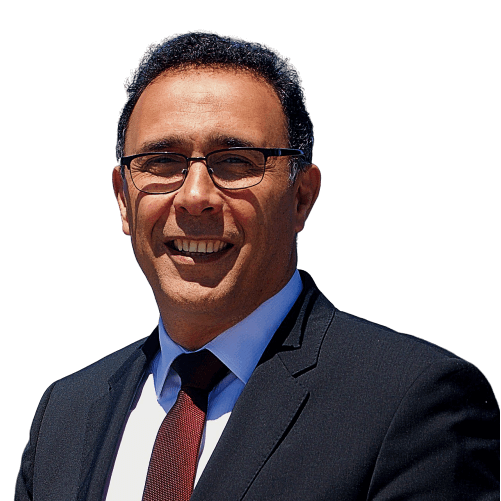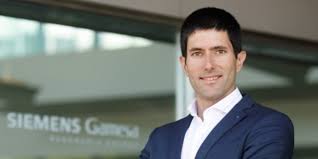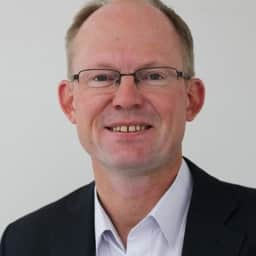How to Move Chats from WhatsApp to Telegram
With the mass dumping of WhatApp by millions of subscribers, rival platforms such as Telegram and Signal are coming up with ways to make migration as seamless as possible, moreso, they are upgrading their functionalities to appeal to more subscribers. The founder of Telegrams said earlier last week that WhatsApp is behind the “Largest Digital Migration in History”. According to the Telegram’s founder, Pavel Durov, Facebook’s recent attempt to update WhatsApp’s privacy policy has left many users concerned and searching for a more ‘secure’ messaging platform, like Telegram. Telegram has launched a new feature that allows users to import their WhatsApp individual and group chat history – including videos and documents – to Telegram.

For subscribers using the Apple iOS platforms, to move a chat from WhatsApp on iOS, open the Contact Info or Group Info page in WhatsApp, tap Export Chat, then choose Telegram in the Share menu. WhatsApp for iOS also lets you export chats directly from the chat list. Swipe left on a chat, then choose ‘…’ > Export Chat.
Read also:While Users Fight WhatsApp Over Its Privacy Policy, GovChat Is Fighting Facebook In South Africa
For those using Android platforms, what needs be done is to open a WhatsApp chat, tap ⋮ > More > Export Chat, then choose Telegram in the Share menu. Messages will be imported into the current day but will also include their original timestamps. In a recent statement, Durov revealed that a number of political leaders and numerous public organizations rely on Telegram to combat misinformation and spread awareness about important issues in their societies.
Read also:Vodacom Business Helps Organisations to Digitise their Supply Chain Network
He goes on to say that “unlike other networks, Telegram doesn’t use nontransparent algorithms to decide whether a subscriber will see content they subscribed to or not. As a result, Telegram channels are the only direct way for opinion leaders to reliably connect with their audiences.” “By removing the manipulative algorithms that have become synonymous with 2010s technology platforms, Telegram channels restore transparency and integrity to public “one-to-many” communication.”
Kelechi Deca

Kelechi Deca has over two decades of media experience, he has traveled to over 77 countries reporting on multilateral development institutions, international business, trade, travels, culture, and diplomacy. He is also a petrol head with in-depth knowledge of automobiles and the auto industry




















